To expect truth to come from thinking signifies that we mistake the need to think with the urge to know
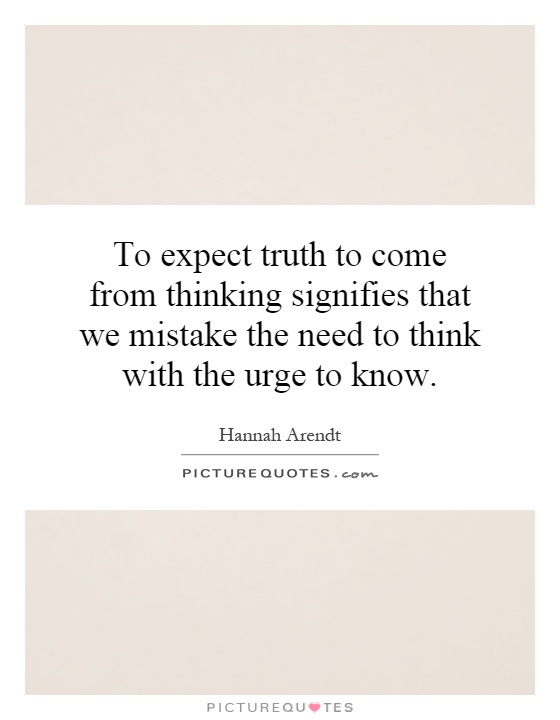
To expect truth to come from thinking signifies that we mistake the need to think with the urge to know
Hannah Arendt, a prominent political theorist and philosopher, often explored the complexities of human thought and the pursuit of truth. In her work, she delved into the relationship between thinking and knowing, highlighting the distinction between the two. The quote, “To expect truth to come from thinking signifies that we mistake the need to think with the urge to know,” encapsulates Arendt’s perspective on the limitations of relying solely on rational thought to uncover truth.Arendt believed that thinking was a fundamental aspect of human existence, essential for engaging with the world and understanding our place within it. However, she cautioned against the assumption that truth could be easily derived from logical reasoning alone. In her view, the act of thinking was not a means to an end, but rather a process of exploration and contemplation that allowed for the consideration of multiple perspectives and possibilities.
By equating thinking with the pursuit of truth, Arendt argued that we risked overlooking the inherent uncertainties and complexities of the world. Truth, she believed, was not a fixed entity that could be definitively grasped through intellectual analysis. Instead, it was a dynamic and elusive concept that required a more nuanced approach to apprehend.
Arendt’s emphasis on the distinction between thinking and knowing reflected her broader critique of modern society’s reliance on scientific and technological advancements as the primary sources of truth. She believed that the quest for certainty and control had led to a devaluation of human thought and a neglect of the rich and diverse ways in which we engage with the world.
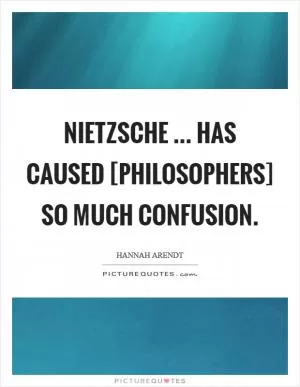


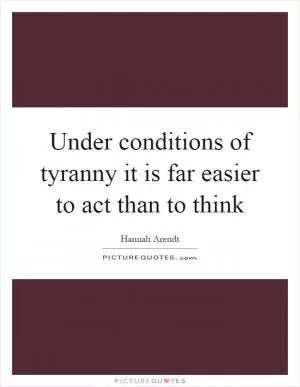




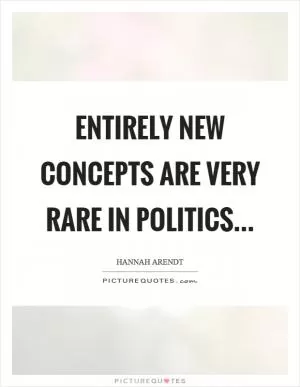
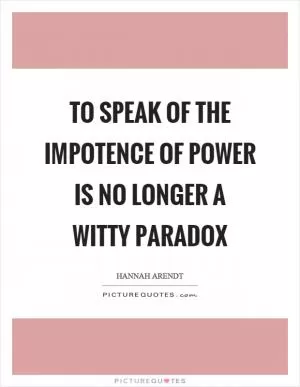
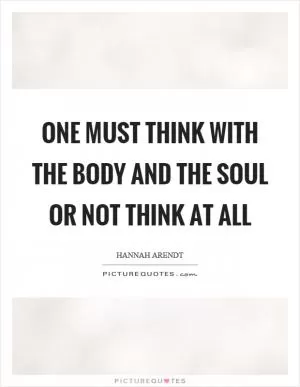

 Friendship Quotes
Friendship Quotes Love Quotes
Love Quotes Life Quotes
Life Quotes Funny Quotes
Funny Quotes Motivational Quotes
Motivational Quotes Inspirational Quotes
Inspirational Quotes